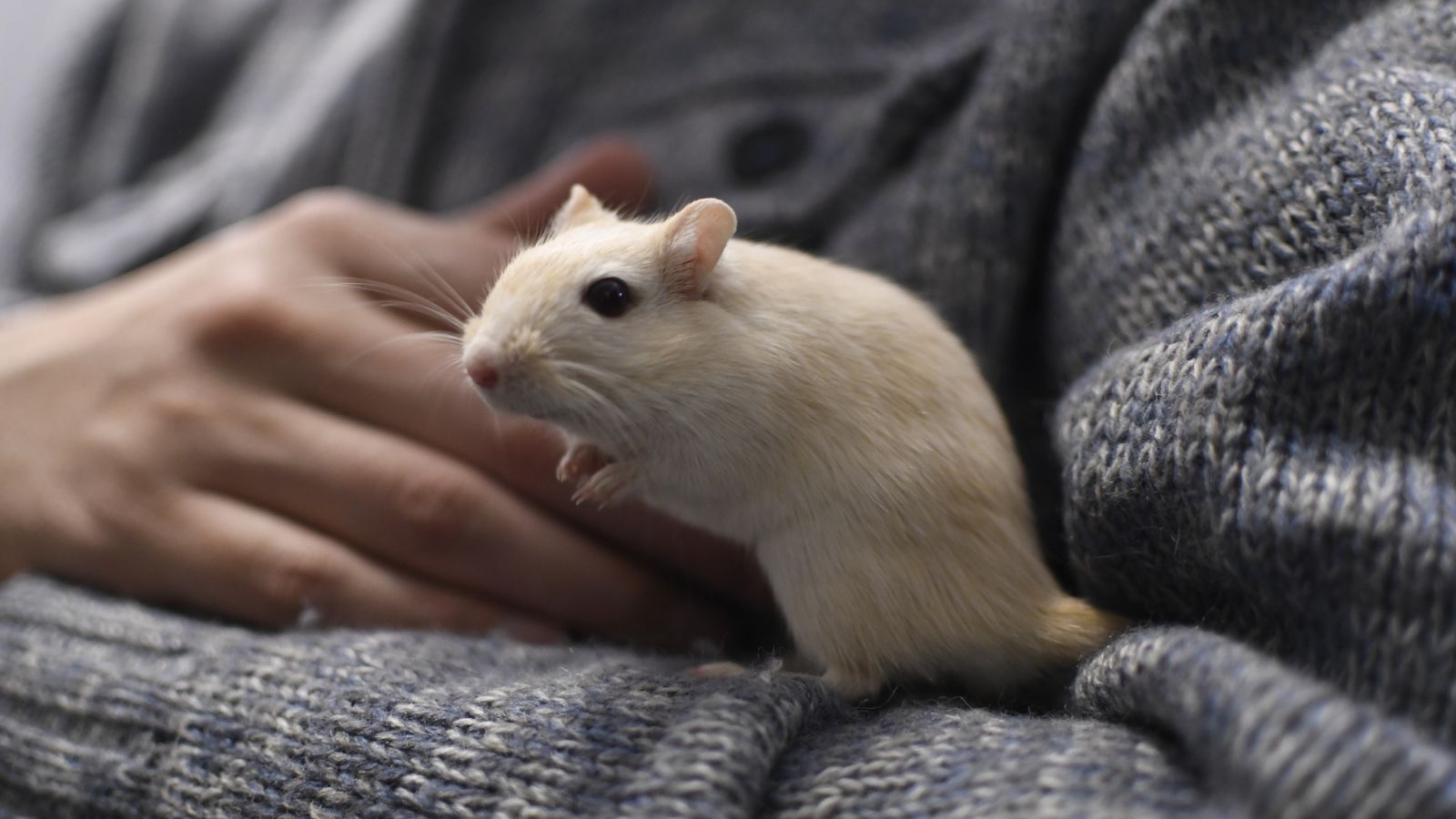The United States sometimes surprises people with its list of banned items. While some are expected, others might shock you as these items are widely used or consumed in other countries. Here’s a look at 18 everyday things that are on the no-go list across various parts of the US.
Kinder Surprise Eggs

A favorite among children worldwide, Kinder Surprise Eggs combines a chocolate treat with the thrill of a hidden toy. However, these delightful surprises are banned in the US under a law from 1938, which prohibits confections with a “non-nutritive object embedded” to prevent choking hazards. This has kept Kinder Surprises off American shelves despite their global popularity.
Haggis
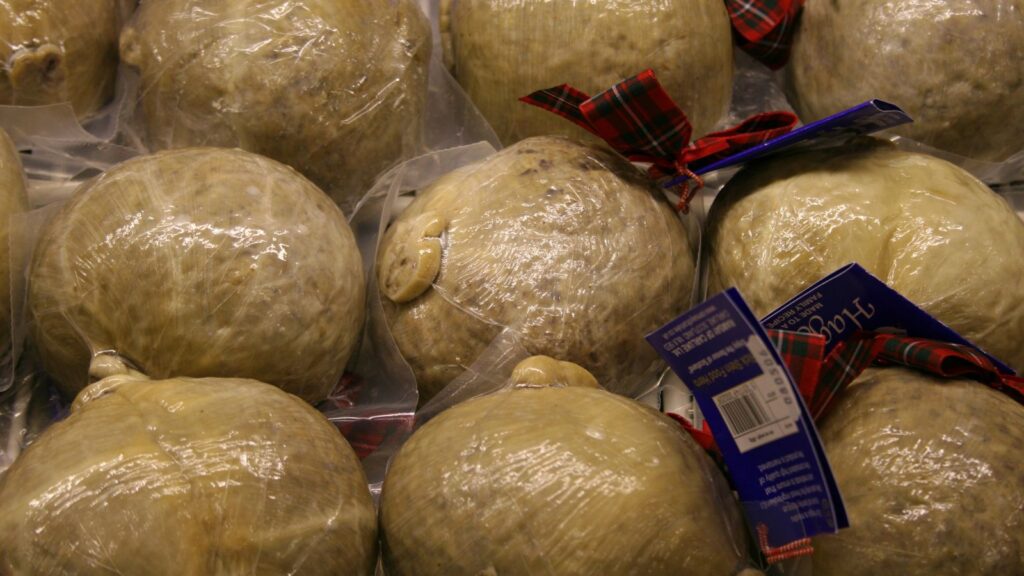
Haggis, a savory pudding containing sheep's heart, liver, and lungs mixed with onions, oatmeal, suet, and spices, is a Scottish culinary staple banned in the US since 1971. The inclusion of sheep’s lung, an organ not approved by the US food safety standards, is the main sticking point, preventing Americans from enjoying this traditional dish.
Absinthe
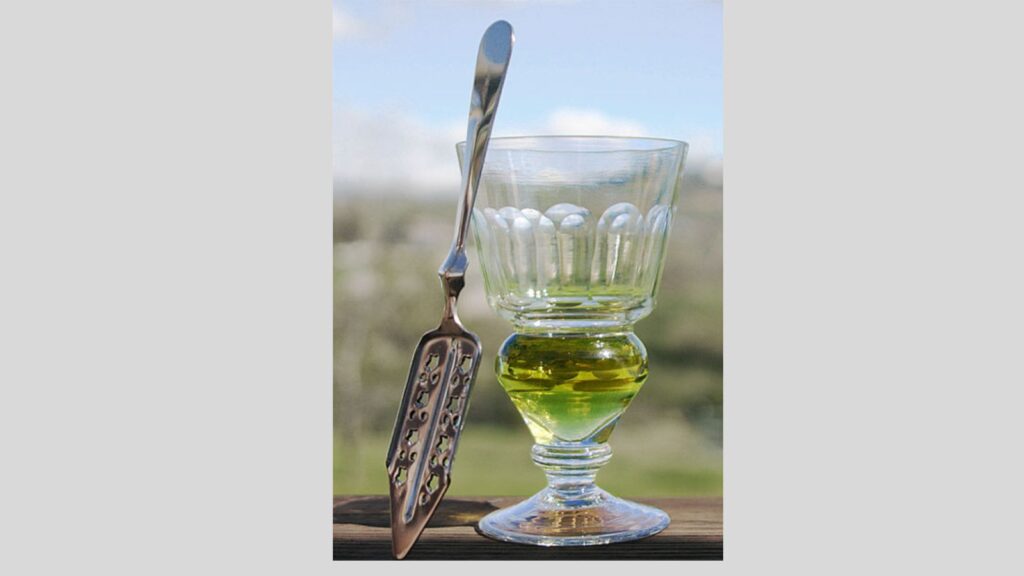
Absinthe, often called ‘The Green Fairy,' was associated with bohemian culture and had a notorious reputation for causing hallucinations, leading to its US ban in 1912. Although reformulated versions with negligible thujone (the supposed psychoactive component) levels were approved for sale in 2007, true absinthe connoisseurs argue that these do not match the original's potency or effects.
Buckyballs

These tiny magnetic balls were once popular as desk toys. Buckyballs can create complex shapes and structures but were banned due to severe risks if ingested. Swallowing these magnets can cause injuries to the digestive tract, leading to an outright ban despite their popularity among adults for stress relief and creativity.
Certain Dog Breeds

In efforts to manage dangerous animals, several US states have enacted breed-specific laws, typically targeting dog breeds such as Pit Bulls, Rottweilers, and Dobermans. Advocates argue these laws prevent dog attacks, while opponents see them as discriminating against certain breeds rather than addressing owner responsibility.
Incandescent Light Bulbs

Traditional incandescent light bulbs are inefficient, converting less than 10% of the energy they use into light. In a push for energy conservation, the US has enacted standards that phase out certain types of these bulbs, promoting the use of more energy-efficient lighting technologies like LEDs, which use up to 85% less energy.
Raw Milk

The debate over raw milk in the US centers on food safety vs. nutritional benefits. Banned in several states, raw milk is argued by some to contain more natural enzymes and nutrients, which they claim are destroyed in the pasteurization process. However, due to safety concerns regarding pathogens like E. coli, its sale remains prohibited in many areas.
Shark Fins
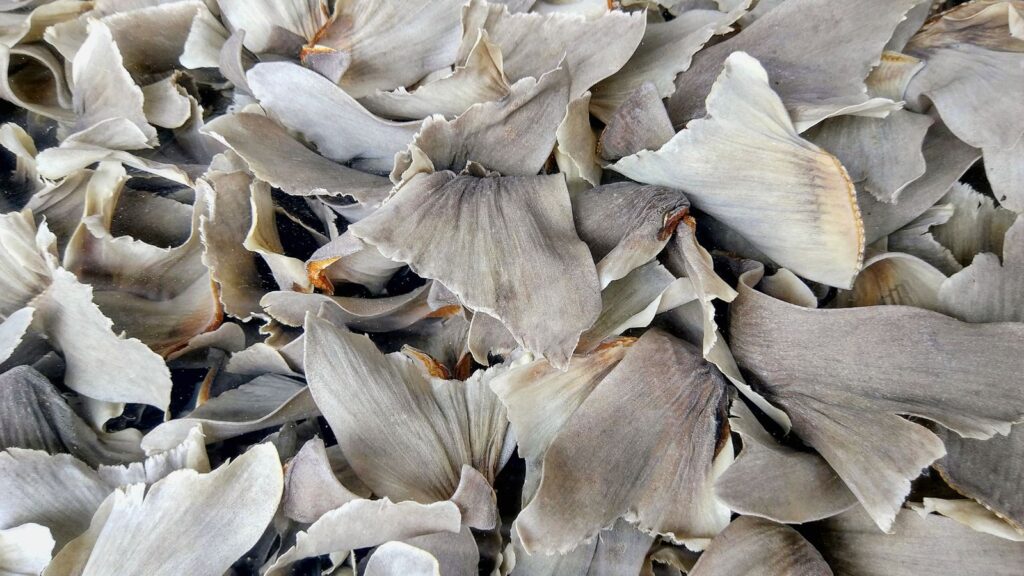
Shark finning involves removing a shark's fins and discarding the rest of the animal, often still alive. Recognizing the cruelty of this practice and its disastrous impact on shark populations, over a dozen US states have banned the trade of shark fins to discourage this inhumane and environmentally destructive practice.
Lawn Darts

Lawn darts, or Jarts, were banned after they caused thousands of injuries and several deaths. These outdoor toys, resembling large darts with metal tips, were intended for lawn games targeting a circle on the ground but were often misused, leading to serious accidents.
Cuban Cigars
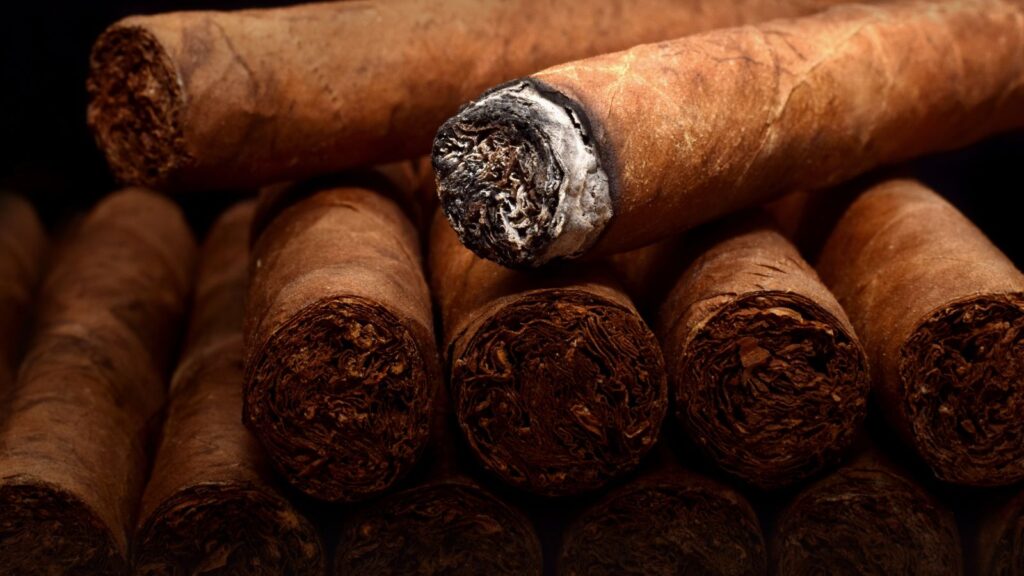
Due to the ongoing US embargo against Cuba established in 1962, Cuban cigars, renowned for their quality and craftsmanship, are banned in the US. This ban includes all imports and sales, though travelers often find ways to bring them into the country for personal use. The ban was briefly lifted but is being enforced again by US customs.
Foie Gras
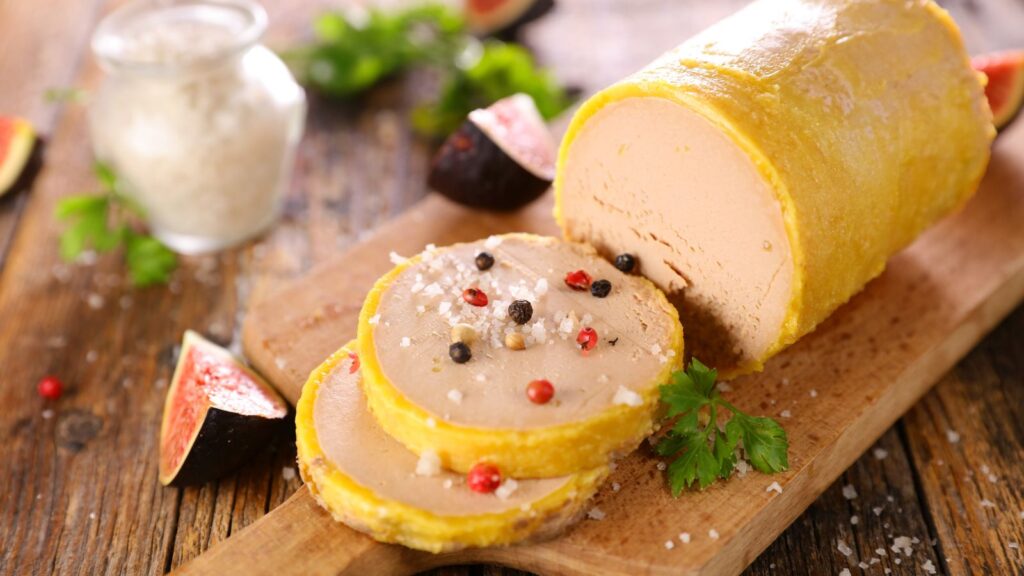
This controversial delicacy is made from the liver of a duck or goose that has been specially fattened, often through force-feeding. Several US states, particularly California, have banned the sale and production of foie gras, citing animal cruelty concerns over the fattening process.
Flavored Cigarettes

The FDA banned flavored cigarettes (excluding menthol) in 2009 to prevent the products from enticing young people to start smoking. Flavors like cherry, chocolate, and vanilla were targeted to stop young people smoking, which often leads to lifelong addiction.
Four Loko
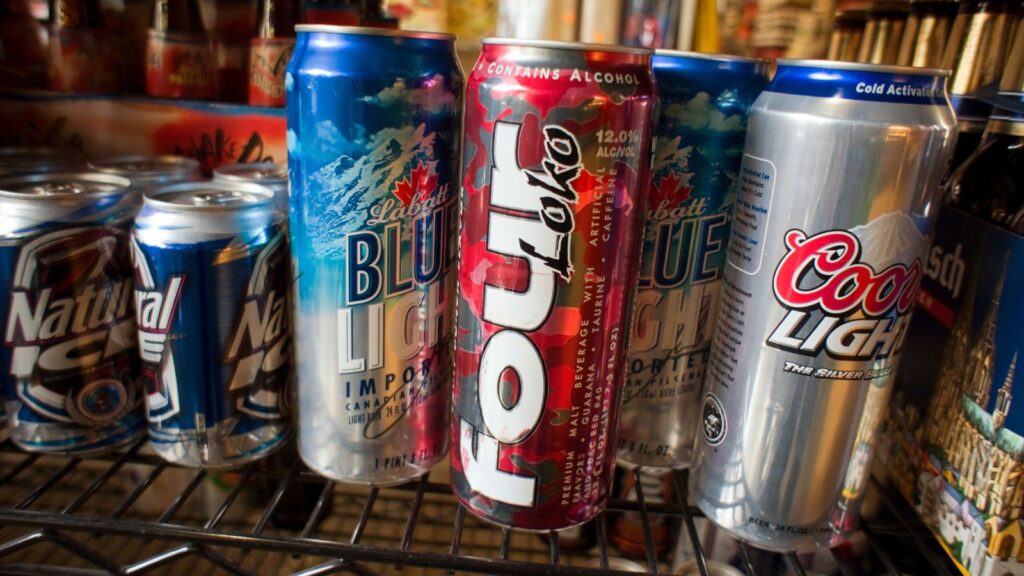
The original formula of Four Loko contained high levels of caffeine and alcohol, a combination that led to several cases of alcohol poisoning and other health issues among young adults. The ban led to a reformulation of the drink, removing caffeine but keeping the high alcohol content.
Sassafras Oil

Traditionally used in teas and as a flavoring in root beer, sassafras oil contains safrole, which was declared carcinogenic by the FDA. Although the use of safrole-free sassafras flavor is allowed, natural sassafras oil is no longer legal for consumption in foods or beverages.
Gerbils

In California, owning a gerbil is illegal because the state fears that if released into the wild, they could establish populations that would harm local crops and native plants due to California's suitable climate for gerbils.
Plastic Bags
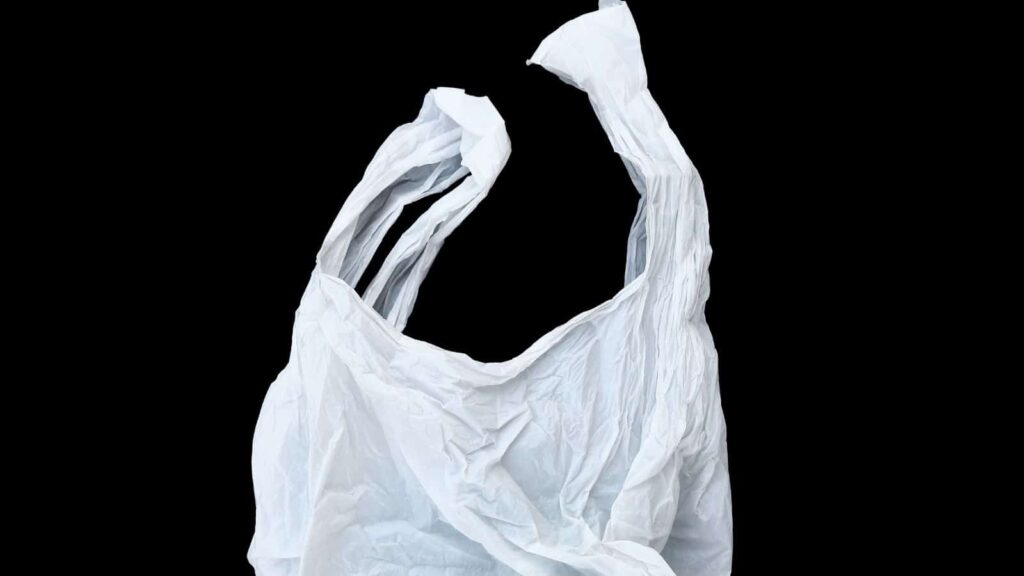
Plastic bag bans are aimed at reducing pollution and encouraging sustainable practices. Numerous municipalities have enacted bans or taxes to discourage the use of these single-use bags, which are notorious for their negative environmental impacts, including wildlife harm and pollution.
Salvia Divinorum
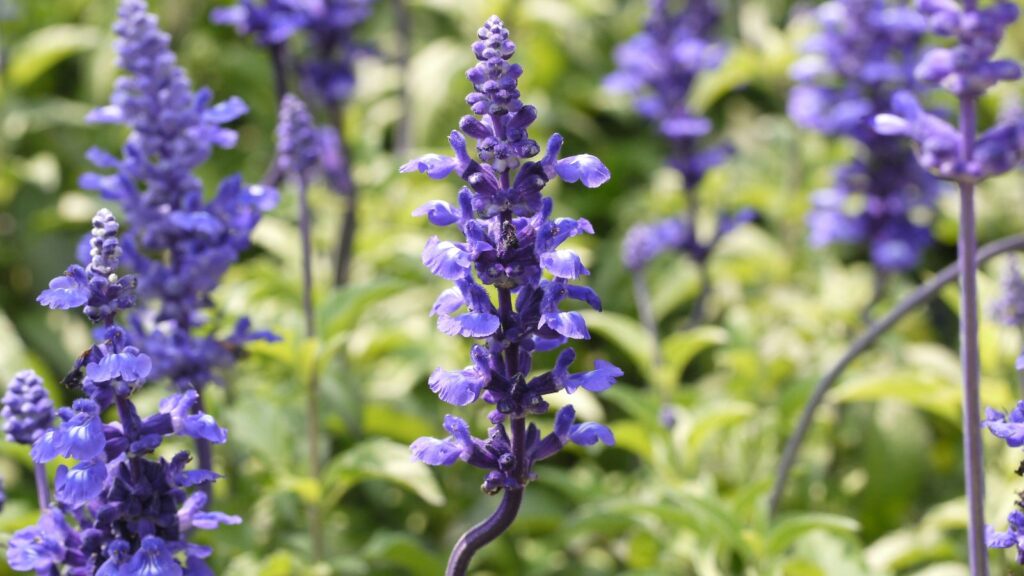
Salvia Divinorum is a plant with psychoactive properties that can induce vivid hallucinations. Its legal status varies by state, with some allowing its use and others banning it altogether due to concerns about its potential for abuse and the intense effects. Some of these effects include hallucinations and psychotic episodes, potentially harming the user and others.
Silly String
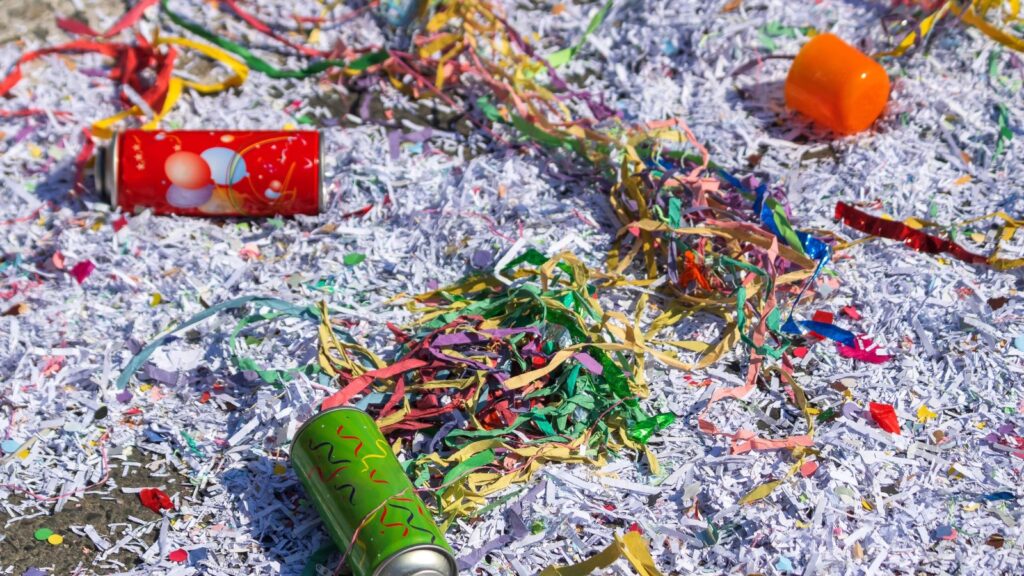
In various US cities, especially in California, Silly String is banned during public events to prevent the mess and hazards associated with its use. This ban helps clean up post-events and prevents accidents during crowded celebrations.
Fresh Ackee Fruit
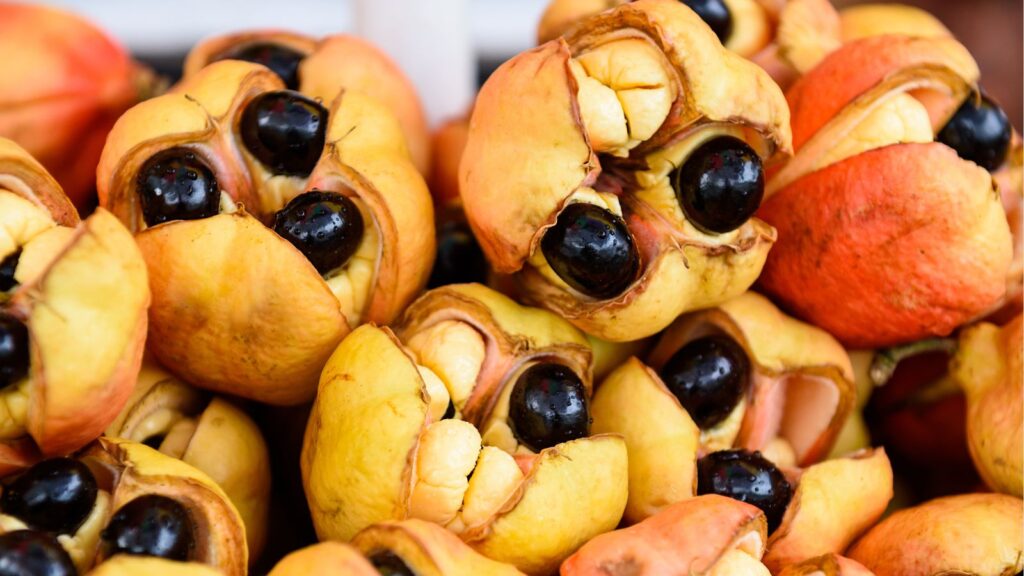
Ackee, a popular fruit in Jamaican cuisine, is banned from importation into the US unless it is canned and meets specific safety standards. Fresh ackee is restricted because it contains hypoglycin A, a toxin that can cause severe health problems if the fruit is improperly harvested and prepared before it fully ripens.
30 Traditional Sayings That Are Now Considered Offensive by Woke Culture

30 Traditional Sayings That Are Now Considered Offensive by Woke Culture
21 Habits Often Associated With Having a Lower Social Status

21 Habits Often Associated With Having a Lower Social Status
25 Social Issues Gen Z are Determined to Cancel

